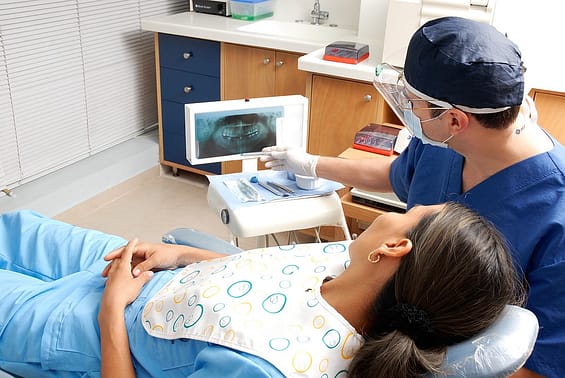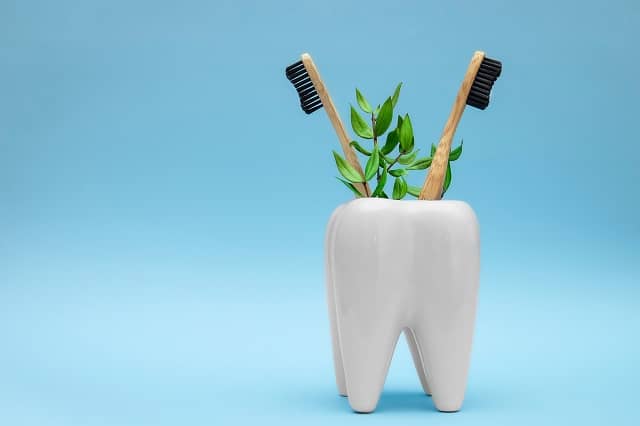April is Oral Cancer Awareness month, so it’s time to bring this devastating disease to the forefront, talk about the facts, and find out how you can prevent oral cancer.
What is oral cancer?
Oral cancer is cancer which affects the mouth in regions such as the lips, floor of the mouth, gums, tonsils, salivary glands, hard and soft palates, tongue, sinuses, and throat. It can appear as a persistent sore or growth inside the mouth on any of these areas.
Oral cancer is also known as mouth cancer and, by definition, means that there is an uncontrollable growth of cells causing damage to the tissue inside the mouth.
How to detect oral cancer
If you are experiencing any of these symptoms, see your health care professional immediately:
- A growth inside the mouth which does not heal within two weeks
- Swelling or sore on the lips that does not heal
- An unusual lump on your neck
- Difficulty swallowing or a feeling that something is caught in the back of your throat
- Loose teeth
- If you have dentures, a change in how they sit
- Any unexplained bleeding, numbness, pain, or tenderness in the mouth, face or neck
- Changes in your speech such as hoarseness
- Red or white patches, thickening of the tissue, lumps, crusts or erosion of the tissue in your mouth
- Sudden unexplained weight loss
- Changes to of difficulty with the movement of your mouth and jaw
- Unexplained ear pains
How is oral cancer detected and treated?
Oral cancer is usually first detected by your dentist. After detection, you may be referred to a specialist who will confirm a diagnosis via endoscopy, biopsy, x-rays or scans.
After diagnosis, the stage will be determined to help decide on the best treatment options. The cancer may be surgically removed, especially if in the early stages. Some surrounding tissue may also be removed to help prevent regrowth.
If the stage of cancer is further along the patient may require radiotherapy or chemotherapy to help reduce the size of the cancer and kill it.

How can you lower your risks for oral cancer?
It’s possible to help lower the risk of oral cancer with some preventative measures such as:
• Conducting a self-examination regularly by checking for any of the above symptoms with a bright light and mirror. Feel for lumps in the neck and jawline
• Book regular check-ups with a dental professional. They are trained to spot the early signs of oral cancer and may be able to detect something that you can’t see
• 31% of all oral cancers in Australia are caused by excess alcohol consumption, and 59% by smoking, so avoiding these is a must
• Limit exposure to the sun and use sunscreen always, especially on the lips
Take care of your oral health
It can be a devastating disease but the good news is that oral cancer can be prevented. Maintain regular dental visits to have your dentist and oral health therapist evaluate and help maintain the health of your teeth and gums. You may also want to learn about oral-systemic health, to better understand the connection between oral and your body’s overall health.
Contact Coburg Hill Oral Care at (03) 9041 5301 to make a booking today.




